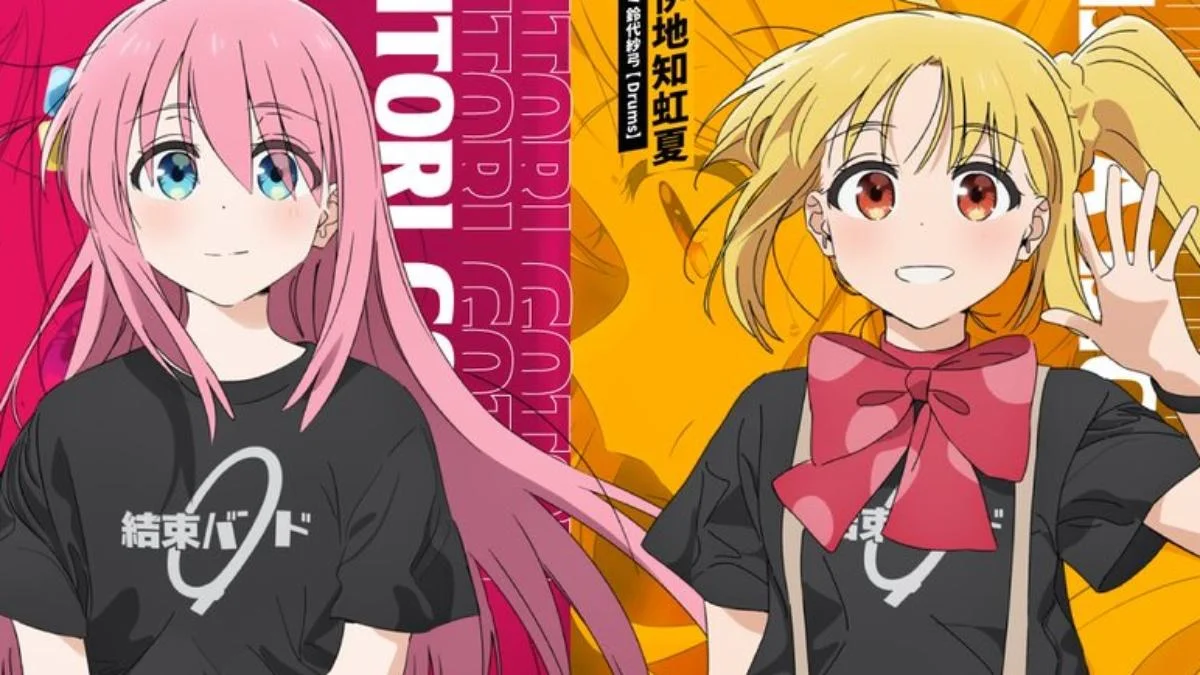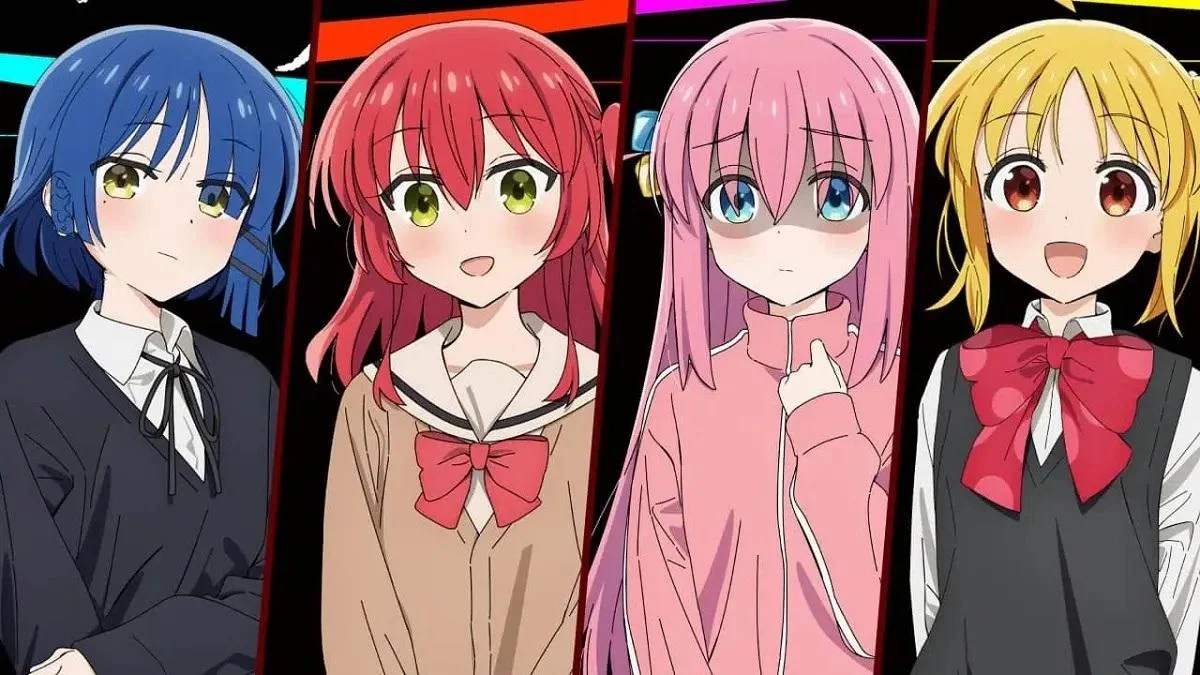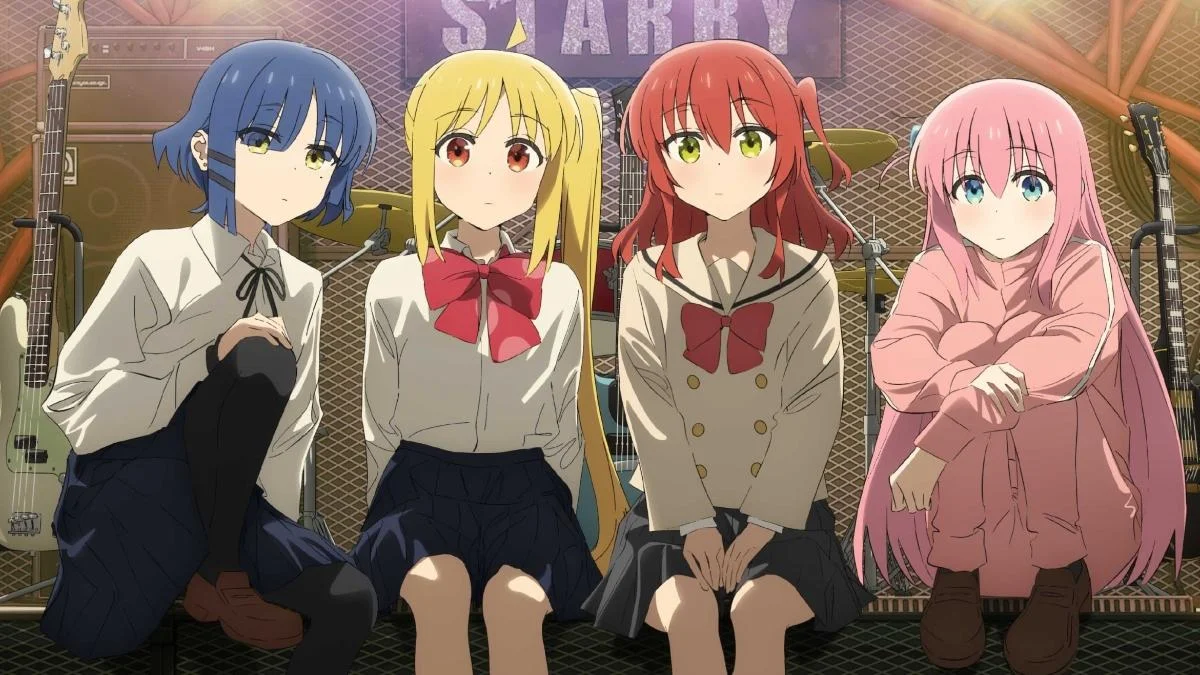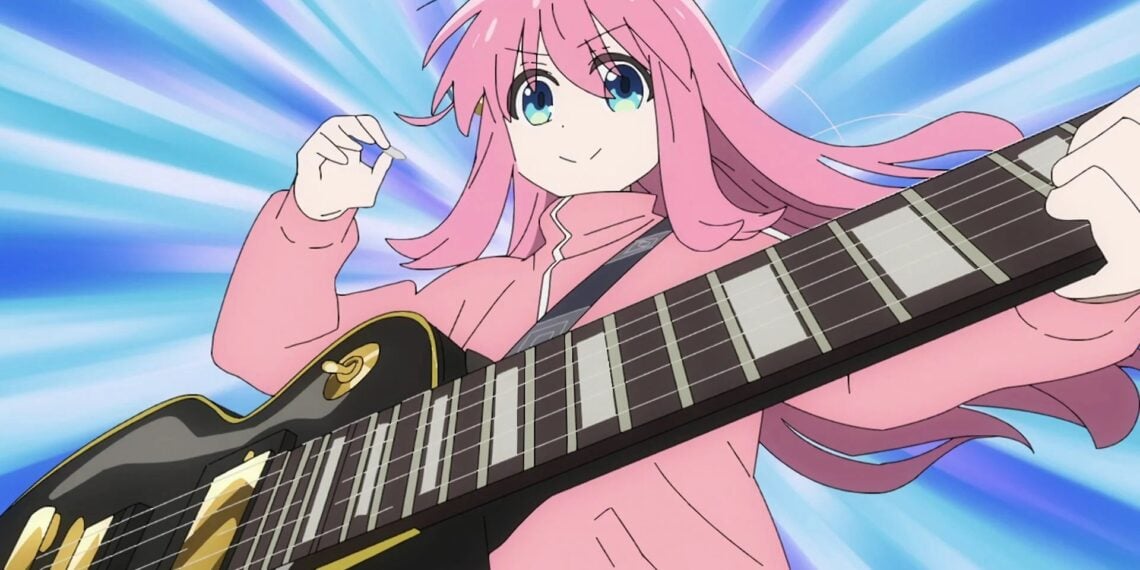A college student in Japan has been arrested for illegally selling counterfeit Bocchi the Rock! merchandise, according to a Reddit anime news thread. Authorities say the suspect profited by reselling fake goods—such as pins, acrylic stands, and posters—on auction sites at inflated prices. The arrest quickly sparked conversation across fandom spaces about bootlegging and the ethics of anime merchandising.
The student allegedly produced high-quality replicas of official items, some mimicking exclusive goods only available at special events. While the profits remain undisclosed, police stated the operation had been running for several months before complaints tipped them off. Fans on social media were quick to criticize the scam, with many labeling the seller a “scalper” exploiting fandom passion.
Anime Fans Push Back on Counterfeits

Online anime communities responded with widespread condemnation. “Buying bootlegs just hurts the artists,” one user commented. “If you love the series, support it the right way.” The backlash extended to broader discussions about the challenges of acquiring affordable official merchandise—especially outside Japan, where international fans often rely on resellers or secondhand sites.
Some fans expressed sympathy for those unable to afford or access official merch, but many drew a line at profiting from counterfeit goods. Groups dedicated to fan-made merch clarified that while doujin works are tolerated, mass-producing fakes that imitate licensed products crosses a legal and ethical boundary.
Bootlegging Trends in Modern Anime Fandom

The Bocchi the Rock! incident reflects a larger trend: the rise of underground economies around hit anime series. As anime continues to soar in global popularity, the demand for merchandise—particularly limited-edition or event-exclusive items—has exploded. This environment has created fertile ground for scalpers and counterfeit sellers looking to cash in on the hype.
Experts note that newer fans may not always recognize fake goods, especially when sold on platforms that lack proper regulation. Anime studios and licensing companies have started cracking down harder on these activities, issuing more cease-and-desists and working with law enforcement to deter future violations.
Merch Ethics in the Spotlight

This case has prompted renewed calls for fandoms to self-regulate and prioritize ethical consumption. Some fans have begun compiling bootleg warning lists and sharing verified seller recommendations. Meanwhile, others are calling on studios to improve international availability and affordability of official merchandise to help curb black market demand.
As Bocchi the Rock! grows into a merchandising powerhouse, this scandal serves as a reminder of the responsibility fans carry in supporting the industry they love.
Also Read: 15 Times Anime Merch Caused Unexpected Drama










